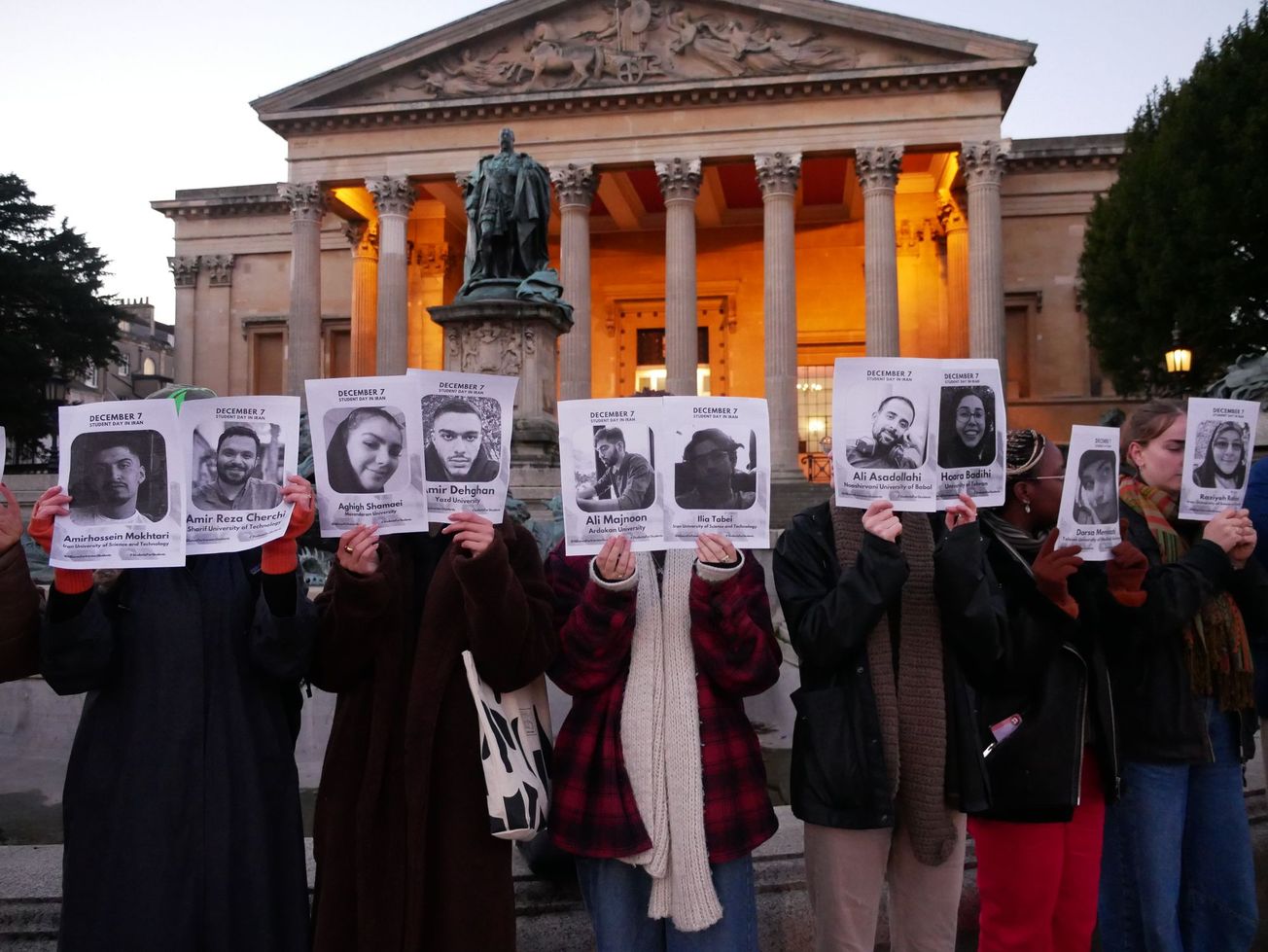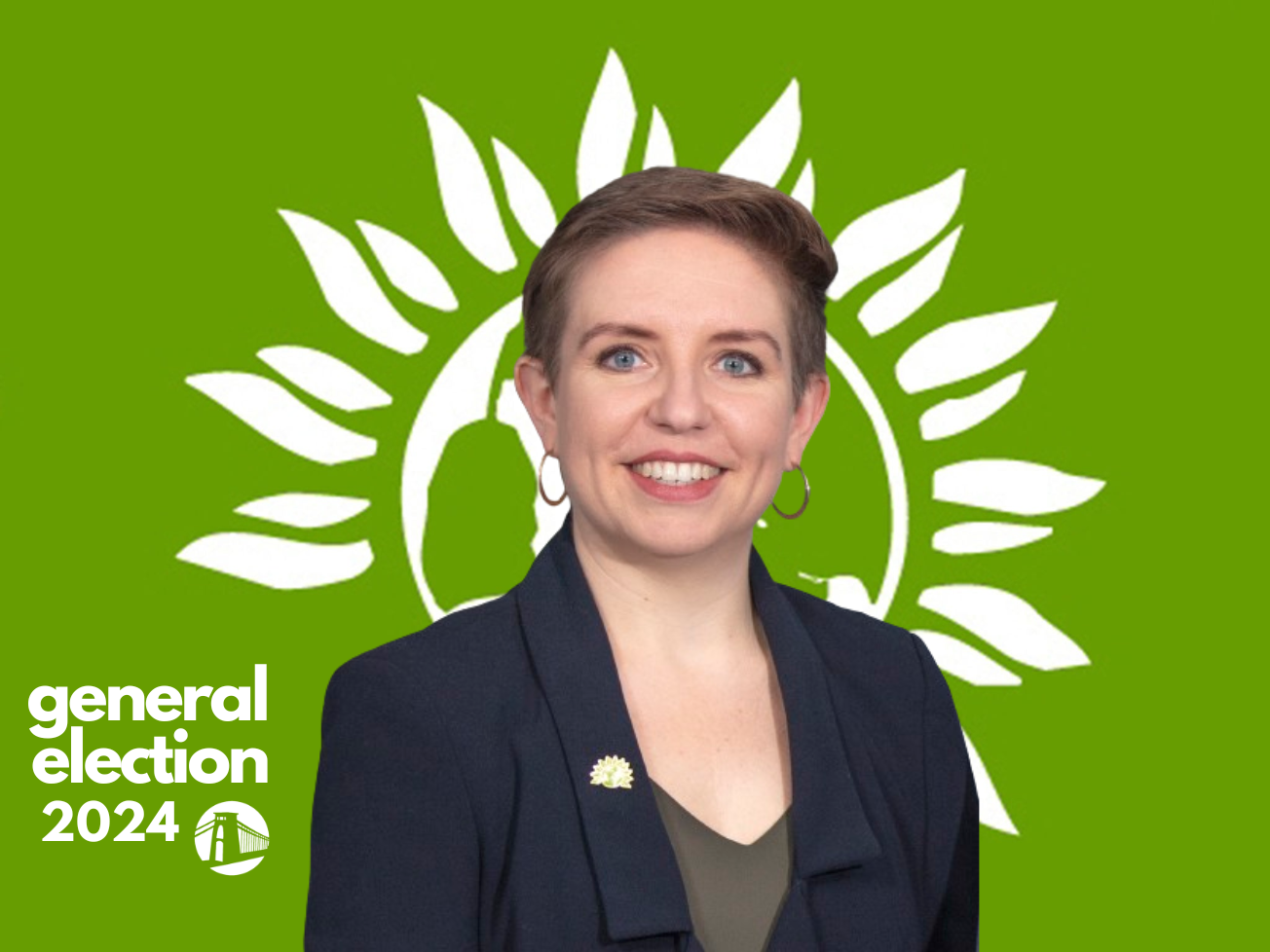By Rafael Nieto, Third Year, Law
One year ago, a woman's death sparked an uprising in Iran. Iran's religious morality police had arrested Masha Amini for failing to wear her hijab on 16 November 2022. Only two hours later, she was in a fatal coma. For months, protests engulfed Iran — which the government responded to with shocking violence.
At the same time, Iranian students in Bristol were starting a new academic year. Epigram sat down with an Iranian student to talk about her experience. For her safety, our Iranian student's identity has been kept anonymous. Her name is not Zahra.
For anyone with family in Iran after Amini's death, it was a time of intense fear, as those protesting were met with brutal reprisals from the state.
Iran's Mahsa Amini awarded EU's top human rights prize https://t.co/N7FibNS9dT
— BBC News (World) (@BBCWorld) October 19, 2023
Zahra tells me the story of a neighbour who'd never protested nor worn her hijab incorrectly. Yet, when protests broke out in their neighbourhood, she was shot on her front doorstep by a policeman in a calculated attack.
In September 2022, just as the protests began to spiral out of control, the regime shut off Iran's internet and blocked access to platforms like Instagram and WhatsApp. The blackout serves two purposes: it obstructs the protester's ability to organise, and it conceals the brutal police crackdown from outside eyes. Just as the new university year starts, Zahra knows her family is in danger but remains completely isolated. She loses contact with them for over a week and a half.
But she is lucky: her family is safe. During the protests, her dad is the only one who leaves the house. He shops for essential food and comes home. Other Iranian students at The University of Bristol aren't as lucky. Understandably, they didn't want to discuss their experiences with Epigram.
Hijab-burning protest in Iran gathers momentum and spreads around the country. Iran witnesses unprecedented defiance. pic.twitter.com/cS7mcZ4txC
— Ashok Swain (@ashoswai) September 21, 2022
In December 2022, The University of Bristol’s Persian Society protested in solidarity with the movement. They held up signs with the faces of murdered protesters outside the Victoria Rooms fountain. After a painful three months, it was ‘A moment that really brought us together’, Zahra explains.
But protesting is risky: the Iranian government punishes dissent aggressively. Zara notes Even overseas, ‘Social media is so heavily watched,’ Zahra notes. She tells me of family friends who protested in London in 2012. Soon after, the police confronted an aunt who still lives in Iran. They showed her photos of the protest and warned her — the family have never returned.
It's this culture of fear that started pulling the Persian Society apart. Zahra said, ’My Mum always says be careful of people, Iranians and protesting. People might point the finger and accuse you of something you haven't done.’
The violence is over. The protests made some ground. But the threat of new cruel and repressive measures is growing.
As a result, the Persian society suffered. ‘People are scared to meet other Iranians’, Zahra imagined, the regime's terror tactics are insidious.’
As a result, the Persian society puts no pressure on students to protest. Its primary mission is to provide a supportive community for its students. During the protests, ‘It was important for us to come together...but we have to remember that people have family in Iran who could get hurt.’
However, the Persian society has not given up supporting the human rights movement. The uprising won important victories. National and international pressure had forced the morality police into hiding. Women, for a while, felt safe without their hijabs. Zahra comments on how the last time she visited Iran, she ‘Couldn’t believe that this was the same country.’
Iran protests: Return of morality police met by defiance https://t.co/aVcnTdhIKM
— BBC News (UK) (@BBCNews) July 27, 2023
But the situation is quickly reversing. This September, the morality police came back in strength and a new ‘Morality crackdown’ was announced. Proposed legislation intends to introduce 10-year prison sentences for women who dress improperly. As such, international attention is as important as ever. Zahra is adamant that ‘People need to be informed and keep talking about this it can’t die down and become another social media controversy.’
How to navigate long - distance relationships at university
Spotlight | Digital Dialogues: Understanding the relationship between social media and mental health
So, as Iranian students head into a new academic year, they do so uneasily. The violence is over. The protests made some ground. But the threat of new cruel and repressive measures is growing. As Iran's regime struggles to regain social control, many are waiting for the next spark.
Please follow Persian Society for any future updates about the situation in Iran by following their Instagram: @uobpersoc
Featured Image: Epigram / Nadia Ferraris








